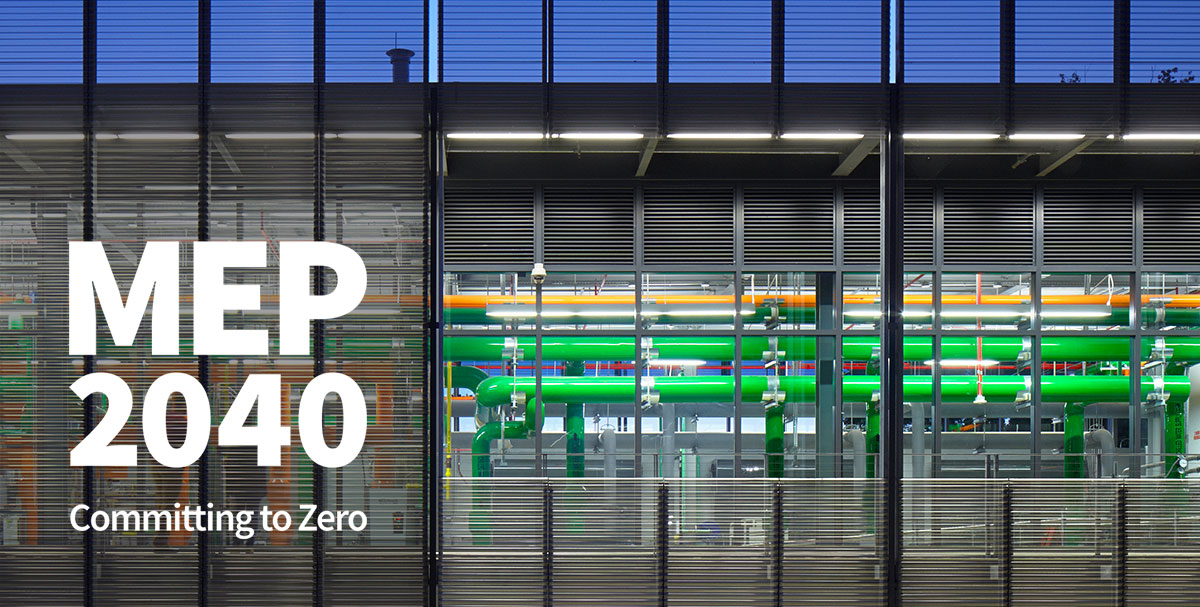Clark Nexsen Joins the MEP 2040 Challenge to Reduce Embodied and Operational Carbon from Building Systems

Clark Nexsen is among the first architecture/engineering firms to sign the MEP 2040 Challenge, making a formal commitment to achieve net zero carbon from building systems in our projects. Issued by the Carbon Leadership Forum, the challenge calls on systems engineers to advocate for and achieve net zero operational carbon by 2030 and net zero embodied carbon by 2040.
Buildings and structures currently contribute roughly 40 percent of greenhouse gas (GHG) emissions worldwide. While a focus on reducing operational carbon is not new, MEP engineers see a critical opportunity to reduce embodied carbon, which consists of all emissions associated with building construction including those that arise from extracting, transporting, manufacturing, and installing building materials on site.
“Our Integrated Design process is rooted in the idea that by working together across disciplines, we can deliver projects that significantly reduce environmental impacts,” says Brian Turner, mechanical department head at Clark Nexsen. “Joining MEP 2040 represents our alignment with prior architectural and structural team commitments to achieving net zero. We are proud to be part of this initiative.”
Committing to MEP 2040 includes establishing a company plan to reduce operational and embodied carbon across MEP systems on all projects, as well as measuring and reporting on our progress. Through quarterly forums and a CLF Community discussion group, we will share our lessons learned and expand our knowledge base through collaboration with other signatories.
The overall concept of MEP 2040 is modeled after the SE 2050 Challenge’s structure and goal to reduce and eliminate embodied carbon. Clark Nexsen joined the AIA 2030 Commitment in 2015, the 2030 Challenge for Embodied Carbon in 2020, and the SE 2050 Challenge in 2021.
See the full list of MEP 2040 Signatory Firms here.
Learn more about the Carbon Leadership Forum.
